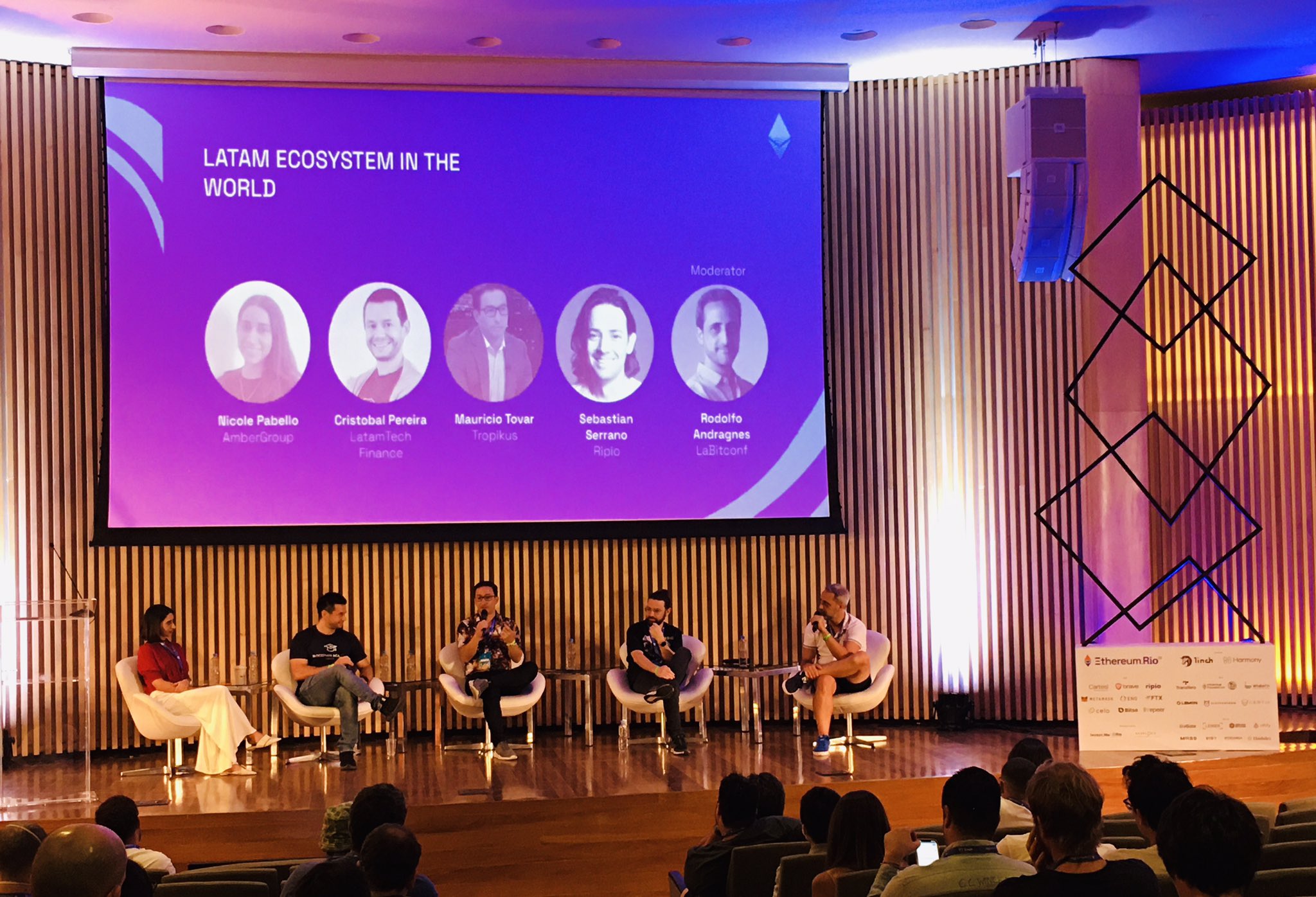In recent weeks, observers across the board have seen the price of cryptocurrencies such as Bitcoin and Ethereum skyrocket, blowing past the bold expectations of the most seasoned “Crypto Twitter” forecasters.
Predictably, such explosive price action has attracted legions of new investors seeking Alpha. Objective measures of this phenomenon are the record institutional inflows (billions of dollars invested with a sense of urgency rarely seen in Grayscale, Galaxy Digital, and other funds), decentralized exchange Total Value Locked (billions of dollars locked at the time of writing), and Transaction Flow, and the number of exchanges going down (Coinbase, Robinhood) due to the massive influx of brand new customers rabidly buying and selling.
With thousands of projects and tokens to invest in, it is safe to say that within the cryptocurrency market, and in the context of this new “Bull Run”, there is no shortage of investment opportunities.
Getting into the market is all well and good…
But How Does One Spend Cryptocurrencies?
Such a simple question and yet the answers to this are not obvious.
We would like to share a short guide on how (and where) to spend cryptocurrency. The information one can gather online is often outdated, inaccurate, and incomplete… Our guide doesn’t aim to be exhaustive but rather provide a “wide view” of what it is possible to do with your cryptocurrency holdings.
The Gig Economy

The gig economy, thanks to Covid-19 and the unstoppable rise of remote tech workforces, is expanding at a very fast clip. By 2027, 60% of the US workforce will be composed of independent professionals. Let that sink in for a minute: gig workers will vastly outnumber traditional workers.
Combine the sheer size of the gig economy, with the fact that a growing number of gig workers now prefer or outright demand to get paid in cryptocurrency… and you can see the size of the opportunity for fast movers.
A few platforms have emerged that make it possible for gig workers, regardless of their area of specialty, to get paid in Cryptocurrency.
If you are an entrepreneur and happen to hold some cryptocurrency, these platforms might be exactly what you are looking for. Direct Cryptocurrency payments to contractual workers are an excellent way to use your holdings.
Among the platforms that have emerged within the crypto gig economy, LaborX is a force to be reckoned with. Beautifully designed, it adopts a Fiverr-like approach to matching customers and workers, letting them freely exchange and negotiate in the chat portion of the site. Funds are sent by customers in advance and are kept in Escrow until the finished product or service is delivered, so LaborX gets extra points for security and for providing peace of mind to its users.
Other notable gig platforms include:
- ETHlance
- Cryptogrind.com
- Workingforbitcoins.com
- Canwork.io
- Freelanceforcoins
- Blocklancer
Online Retail
Cryptocurrency veterans will always remember how painfully difficult it was in the old cryptocurrency days to cash out safely – by cashing out safely we mean: without having one’s bank account closed without any reason by overzealous bank staff – and use their own money in order to purchase products and services.
Back then, anyone who wished to make purchases using the cryptocurrency they owned (we didn’t have the wealth of crypto checkout options we had today) had to literally jump through financial hoops, cash out using their bank account, and use their bank card to make the purchases.
Fast forward to 2021: things have certainly gotten a lot easier for cryptocurrency holders, thanks to a wider range of crypto checkout options designed specifically for merchants.
It is now possible to purchase products and services in cryptocurrency, without having to cash out to a bank account.
Purse.io, for example, allows users to import Amazon Wish lists and purchase the items on those lists with cryptocurrency – and in the process (we are not certain how this is achieved exactly) users can shave off up to 15% on the price of their purchases!

Alagoria allows users to make Home Depot and Walmart purchases, anonymously, while saving money.

Overstock.com, famous for its involvement in the crypto world is also known to carry a large assortment of furniture and household items, which can be bought with cryptocurrency.

The Online Retail Market is ripe for disruption and we certainly hope to see more options for consumers in the near future.
Offline Retail

It is safe to say that “Brick and Mortar” retail has taken a beating in 2020. The fear of Covid spreading has forced the hand of countless business owners who had no choice but to close their doors temporarily. Covid lockdowns are forcing offline retail to reinvent itself and the answer to the problems of retail might be Cryptocurrency.
A growing number of offline merchants now accept contactless cryptocurrency payments as a check-out method.
Cryptocurrency holders today have the option of using their holdings for online shopping but also in a growing number of more traditional, Brick and Mortar outlets that have implemented Blockchain technology in a bid to remain competitive.
PizzaforCoins, Cooperativa RadioTxi, Comicap, and Anshin Oyado are part of the growing list of offline retailers that accept cryptocurrency.
Gift Cards and Payment Cards
A few platforms allow cryptocurrency holders to purchase gift cards and payment cards using their cryptocurrency holdings.
You read that right! It is possible to purchase American Express, Visa, and Mastercard products, not to mention gift cards for literally hundreds of merchants, in various denominations, with cryptocurrency.
Gift cards and payment cards might just be the most convenient way to spend cryptocurrency, and this side of the market is rapidly expanding with a slew of emerging companies competing with large incumbents.
Coinsbee, Bitrefill, Crypto to Cards, and Jour Cards are reliable platforms you will want to check out and try for yourself.
Hotels and Flights

Don’t you wish you could just purchase flights outright without having to exchange cryptocurrency, as the fees for doing so these days are rather high?
Well, we have some good news for you: booking flights and hotels with one’s crypto holdings is now possible.
Using platforms such as CheapAir, Destinia, and Travelbybit, holders do not have to jump through financial hoops to make travel arrangements.
If you are looking for something a little more exotic and ambitious than a Vanilla flight, know that Virgin Galactic accepts Bitcoin as a means of payment for Space flights!
Casino Games and Sports Betting
The global online gambling market’s size was estimated at 53.7 US billion dollars in 2019 and reached a mouth-watering 59.6 billion US dollars in 2020. It is expected to grow at an annual rate of 11.5% from 2020 to 2027, which is very significant.
A few things are driving market growth here: high internet penetration, the increasing use of mobile phones for playing games, easier access to online gambling, legalization, and cultural approval. And let us not forget, the fact that people are literally stuck at home thanks to Covid-19 lockdowns around the world!
A few key players have emerged in the crypto market gambling space and it seems like gambling, sports betting and crypto payments are a winning combination for users and businesses.
Gambling and Sports Betting are very pleasurable ways to spend one’s Cryptocurrency. FunFair and SportX (for sports betting and e-sports) are dominant forces in the crypto gambling industry with a very loyal following on social media.
Blockchain Gaming

Such a wide overview would certainly not be complete without a section focused on entertainment and more specifically on blockchain gaming.
As our readers know, Covid-19 lockdowns have forced countless individuals to work from home. Perhaps you, the reader, are finding yourself in this situation right now.
Work is changing at a very fast pace… and so is entertainment. After months of lockdown, and with traditional entertainment venues such as theatres, bars, and nightclubs forcibly closed, individuals around the world have found or are finding new ways to entertain themselves without needing to leave their homes.
Blockchain Gaming (and especially this segment of blockchain gaming that converges with Virtual reality) is emerging as a clear winner. Blockchain is transforming the way we play games online.
If you are a gamer at heart and a holder, a plethora of games allow you to turn your holdings into items, virtual worlds, or playing cards, which can then be bought or sold on exchanges, and even used as collateral for crypto loans. Ubisoft and Enjin are among the companies that are pushing blockchain innovation forward in this space.
Conclusion
While this guide was certainly not exhaustive, it did provide a comprehensive view of the kinds of products and services it is possible to purchase with cryptocurrency.
As cryptocurrency and blockchain technology accelerates its unstoppable penetration of traditional segments of the economy, more and perhaps better options will appear on the market to further empower cryptocurrency holders.
Disclaimer: This is a sponsored post. Readers should do their own due diligence before taking any actions related to any company, product, or service mentioned in this article. BitcoinAfrica.io is not responsible, directly or indirectly, for any loss or damage caused by or in connection with the use of or reliance on any content, product, or service mentioned in this post.
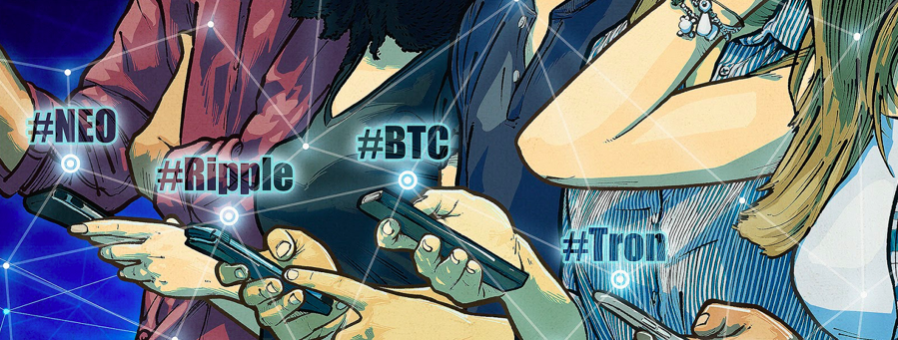

 Features3 years ago
Features3 years ago
 Bitcoin2 years ago
Bitcoin2 years ago
 Features3 years ago
Features3 years ago
 Features3 years ago
Features3 years ago
 Features3 years ago
Features3 years ago
 Features3 years ago
Features3 years ago
 Features8 months ago
Features8 months ago
 Bitcoin10 months ago
Bitcoin10 months ago










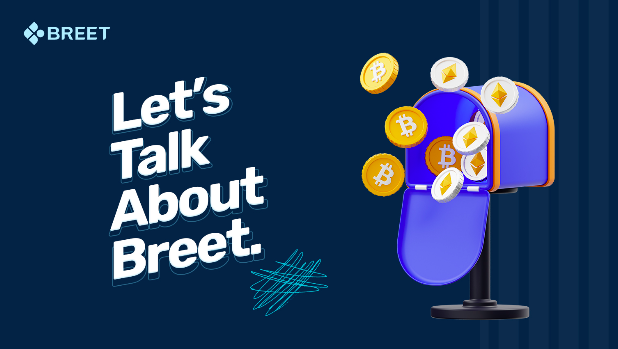
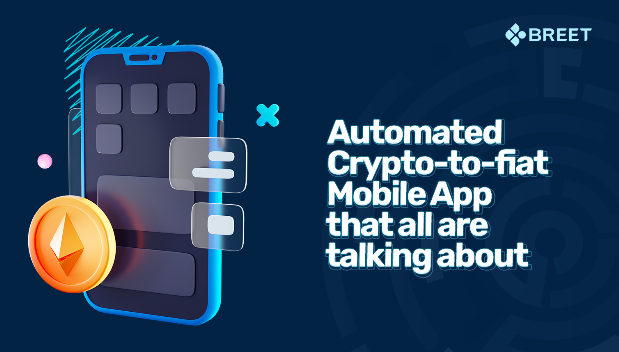

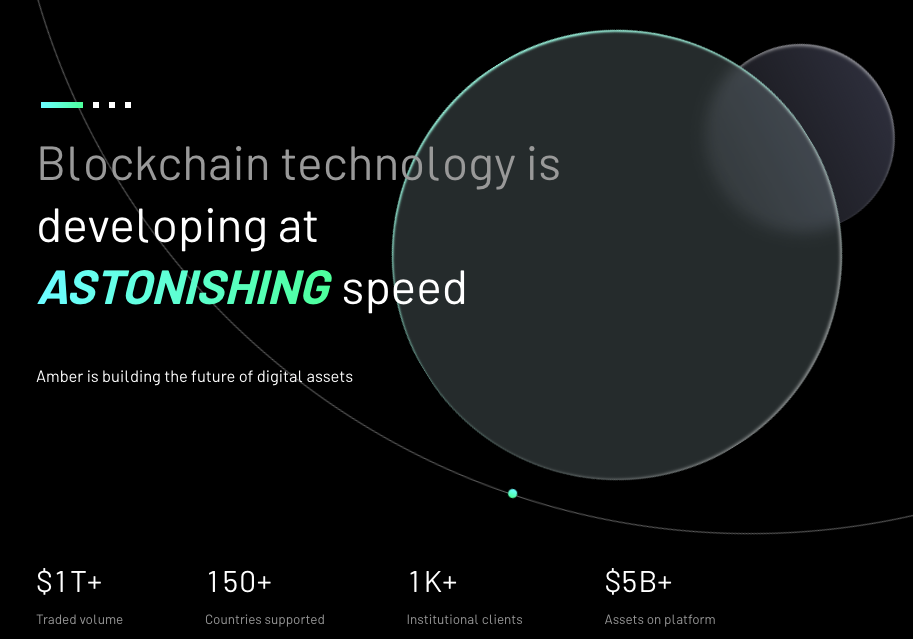
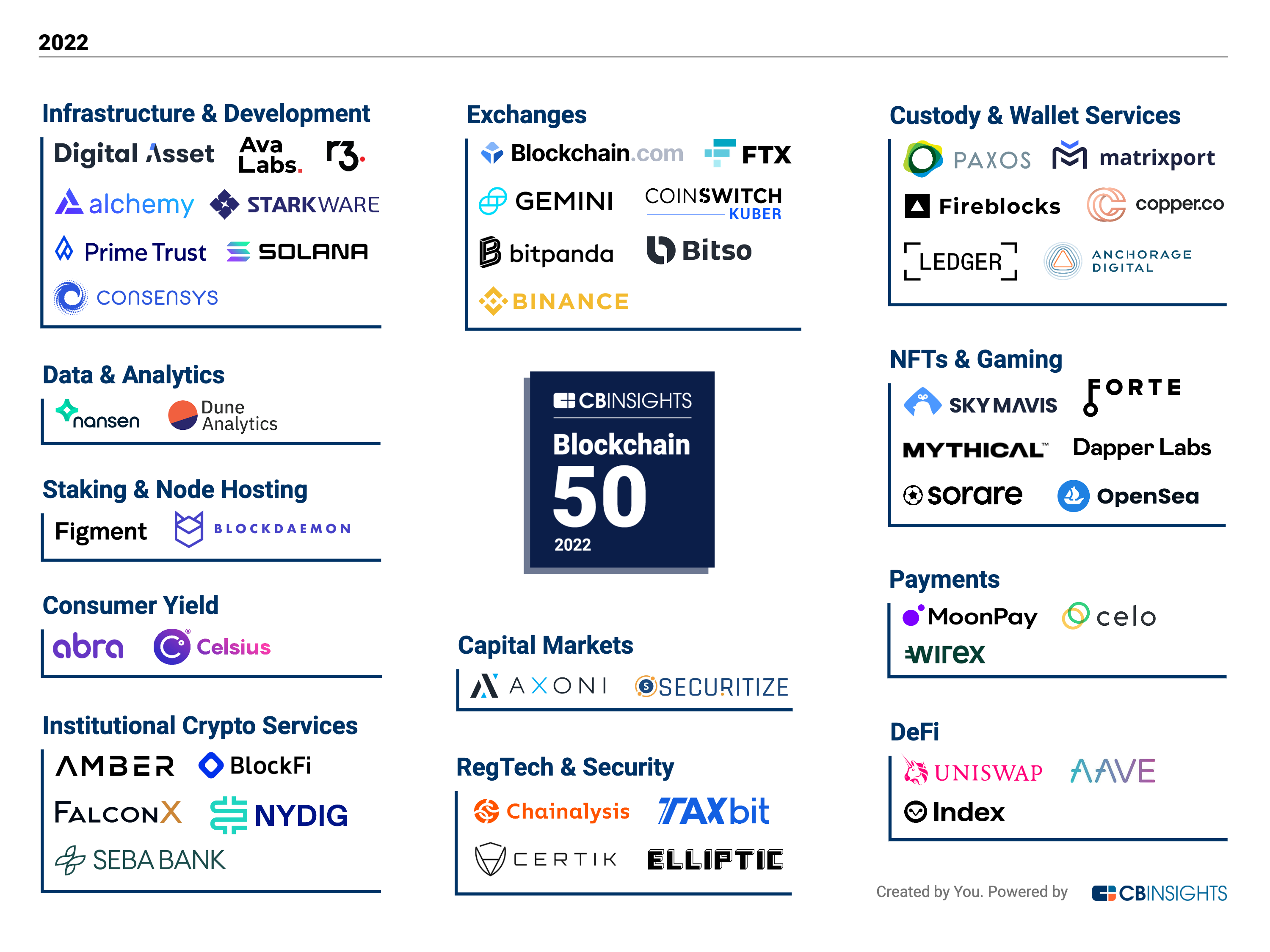
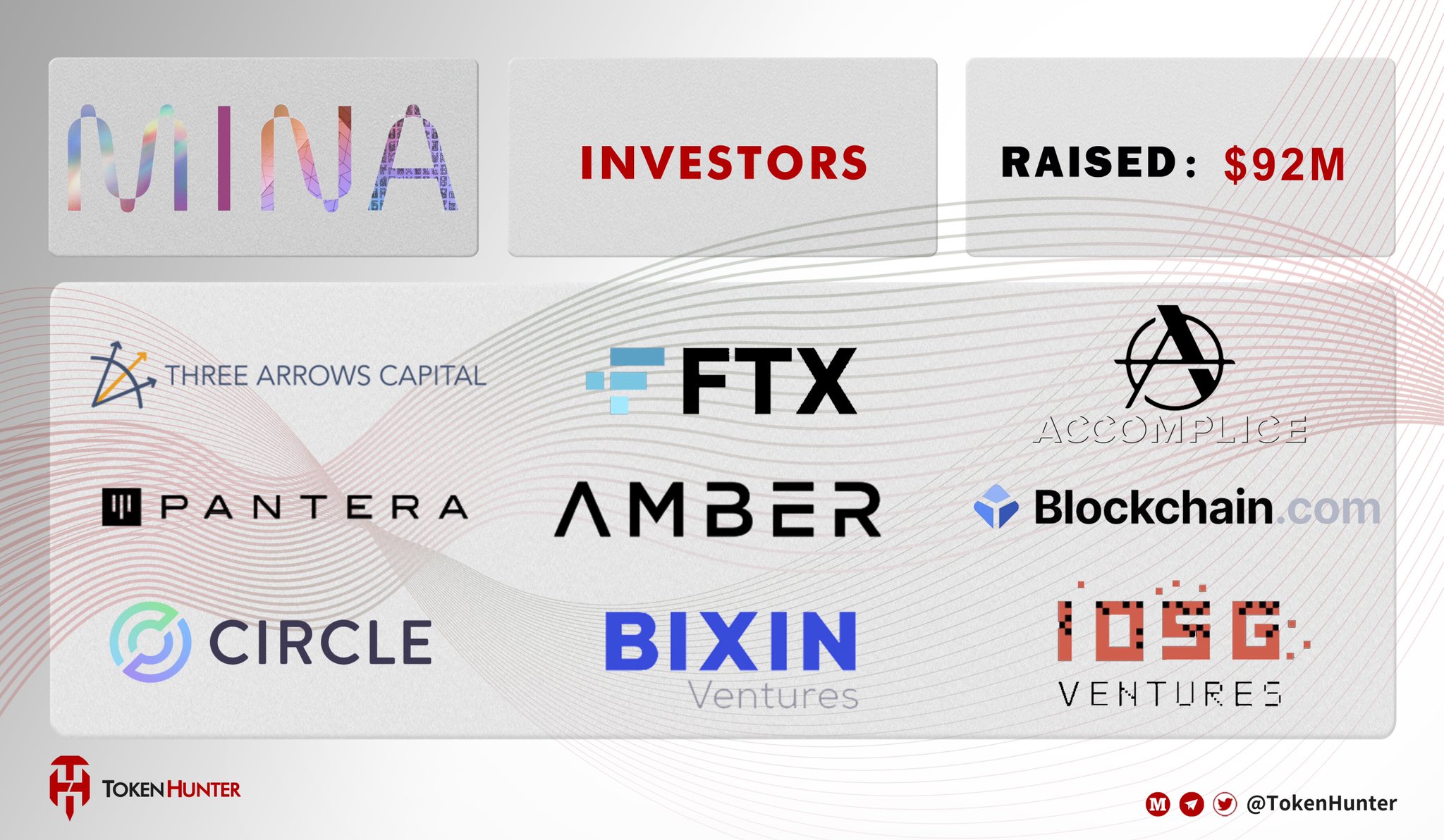




 Rear
Rear